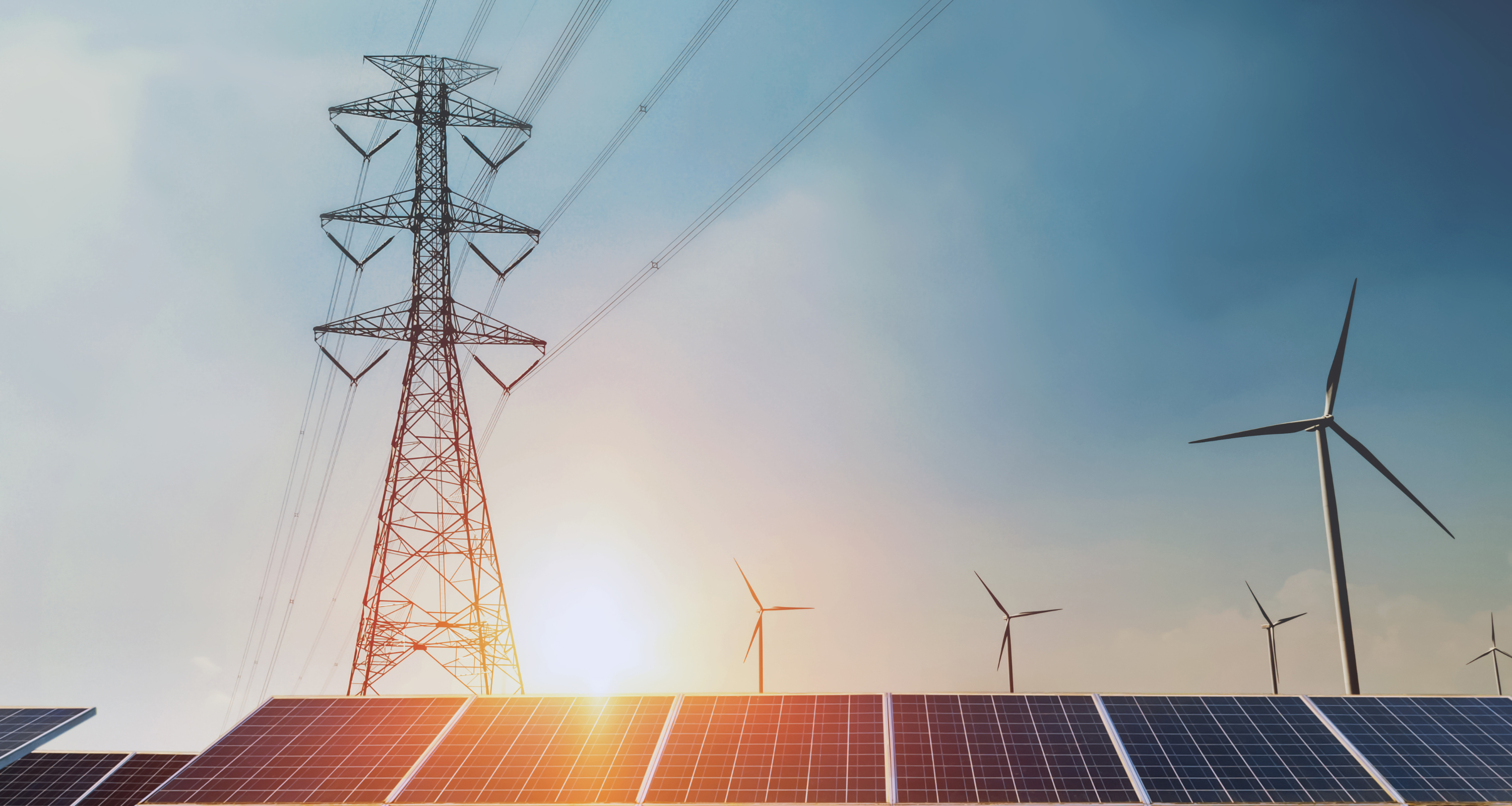Solar Deployment and U.S. Trade Policy: A Brief Review
By Daniel Wolf
October 12, 2021

Last month, the U.S. Department of Energy released the Solar Futures Study detailing the significant role solar energy will play in decarbonizing the nation’s power grid. The blueprint demonstrates that solar has the potential to generate 40% of the nation’s electricity by 2035. Unfortunately, a series of recent reports have suggested that necessary deployment may be threatened by supply chain issues and other regulatory barriers. The Solar Energy Industries Association recently stated that constraints are leading to price increases across every solar market segment, in part due to supply chain disruptions and a series of trade risks.
On October 4, United States Trade Representative Katherine Tai delivered remarks outlining the Biden-Harris administration’s new approach to the U.S.-China bilateral trade relationship. Citing a pattern of Chinese market-distorting behavior, Ambassador Tai promised to utilize “the full range of tools we have and develop new tools as needed to defend American economic interests from harmful policies and practices.” It is becoming evident that protective trade policies may continue to be a part of the administration’s approach to China going forward, potentially creating uncertainty for the U.S. solar industry.
ACORE has engaged the Biden administration on a variety of trade issues as we pursue a fully decarbonized grid. We recently filed comments concerning the International Trade Administration’s August 30 Request for Comments on U.S. Clean Technologies Export Competitiveness Strategy. The filing conveys ACORE member concerns about escalating headwinds for the sector at large.
Of particular note is the ongoing petition to the U.S. Department of Commerce requesting that Antidumping and Countervailing Duties be imposed on crystalline silicon PV solar cells and panels from Malaysia, Vietnam, and Thailand. The petition, introduced on August 16 by an anonymous group known as the American Solar Manufacturers Against Chinese Circumvention (A-SMACC), alleges that Chinese manufacturers have been bypassing trade restrictions by routing products through the named countries. Following a letter from Sen. Jacky Rosen and 11 colleagues, Commerce delayed a decision on whether to consider tariffs, instead asking the petitioners for more information. Nevertheless, the regulatory uncertainty surrounding the process may have a chilling effect on deployment.
Another area of concern is the way in which the Withhold Release Order (WRO) imposed on Hoshine Silicon Industry Co. and its subsidiaries is currently being administered. On June 24, U.S. Customs and Border Protection released a statement directing personnel at all U.S. ports of entry to immediately detain shipments containing silica-based products made by Hoshine, a company located in China’s Xinjiang Uyghur Autonomous Region, citing evidence of the use of forced labor in Xinjiang. While ACORE unequivocally condemns the import of illegal products made with forced labor, the implementation of this particular WRO could severely constrict module imports, even where there is no evidence indicating the use of forced labor with respect to the products being detained.
A final issue is a series of tariffs that have been placed on integral parts of the solar supply chain. In January 2018, Commerce imposed Section 201 tariffs, duties on imported solar cells and modules, currently enforced at 18%. It has been estimated that Section 201 tariffs alone have been responsible for 62,000 fewer jobs, 10.5 gigawatts of lost solar deployment, and $19 billion in lost investment from 2017-2021. Effective June 2018, Commerce also instituted Section 232 tariffs, which include a 25% duty on aluminum and 10% duty on steel, respectively. In a sector where project development relies on increasingly thin margins, such punitive tariffs are making some projects uneconomical.

Unfortunately, the U.S. does not currently have a competitive industry for PV solar equipment manufacturing. While ACORE supports appropriate public policy to help promote an onshore domestic supply chain, there is reason to anticipate that the continuation of these tariffs will slow solar installations at a time when accelerated deployment is critically needed. We encourage the Biden administration and Congress to pursue a variety of measures to support American energy independence and the growth of a domestic supply chain. For example, the American Jobs in Energy Manufacturing Act, originally introduced by Sens. Manchin and Stabenow and currently included in the House Build Back Better Act, revives the Section 48C tax credit for manufacturers to retool or build new facilities to produce advanced energy parts or technologies. Additionally, Sen. Ossoff’s new Solar Energy Manufacturing for America Act provides tax credits for American manufacturers at every stage of the solar manufacturing supply chain, from the production of polysilicon to fully assembled solar modules. The incentive-based approach in both of these bills can accelerate the buildout of an onshore supply chain and domestic manufacturing sector.
ACORE looks forward to working with the Biden administration to help ensure the U.S. maintains positive trade relations with our allies and promotes the domestic manufacturing necessary to meet our climate goals quickly and cost effectively.
###
Join leaders from across the clean energy sector.

What will our next 20 years look like? Here’s the truth: they’ll be better with ACORE at the forefront of energy policy.
Shannon Kellogg
Amazon Web Services (AWS)
